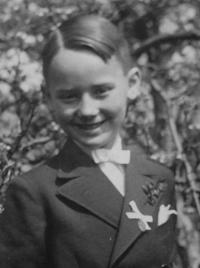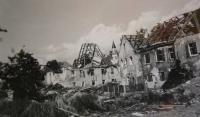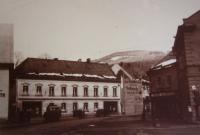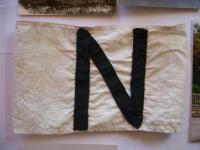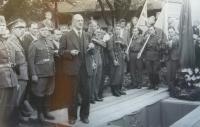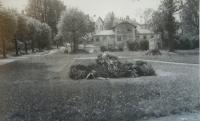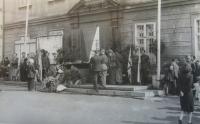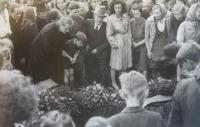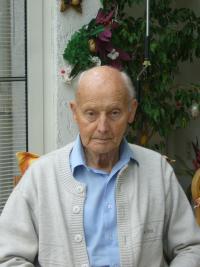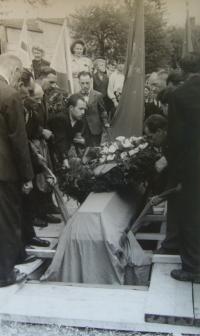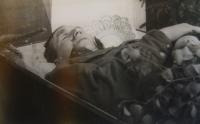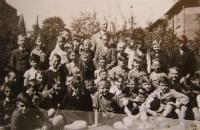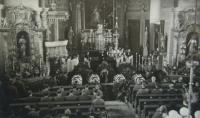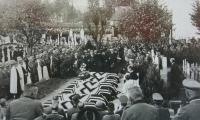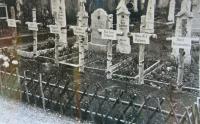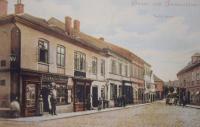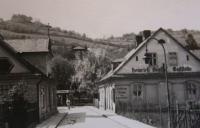Freiwaldau, the city of childhood

Download image
Gustav Krause born 18.1.1932, in Fuggergasse, Freiwaldau (Jesenik), Czechoslovakia. Gustav´s father worked in the Regenhart-and- Raymann textile factory in Freiwaldau. He was responsible for the supply of material and energy. The mother was a seamstress. Gustav was 7 years old when the war began. After the liberation, Germans were not allowed to use sidewalks. There was no medical care for them except for a dentist. There was no more school for German children. Instead, they had to perform forced labour. After the war, Gustav´s father was imprisoned for 14 months in a prisoner camp. Without a court trial. After he had been released, the whole family left Czechoslovakia in October 1946. It was the last transport from Freiwaldau. The family was sent to Donauwörth in Bavaria. The city was heavily damaged by bombs. A part of the locals treated the exiles badly. They held them for parasites. Gustav learnt for a locksmith. From time to time, he helped other children with mathematics. His was rewarded by a slice of bread with butter. Later on, Gustav studied for a mechanical engineer. In 1986, he returned to Freiwaldau (Jeseník) for the first time. In 1987, he became the cultural manager at MSSGV (Moravian-Silesian Sudetengerman Mountain Association). After all the years, he still feels homesick for Freiwaldau.
